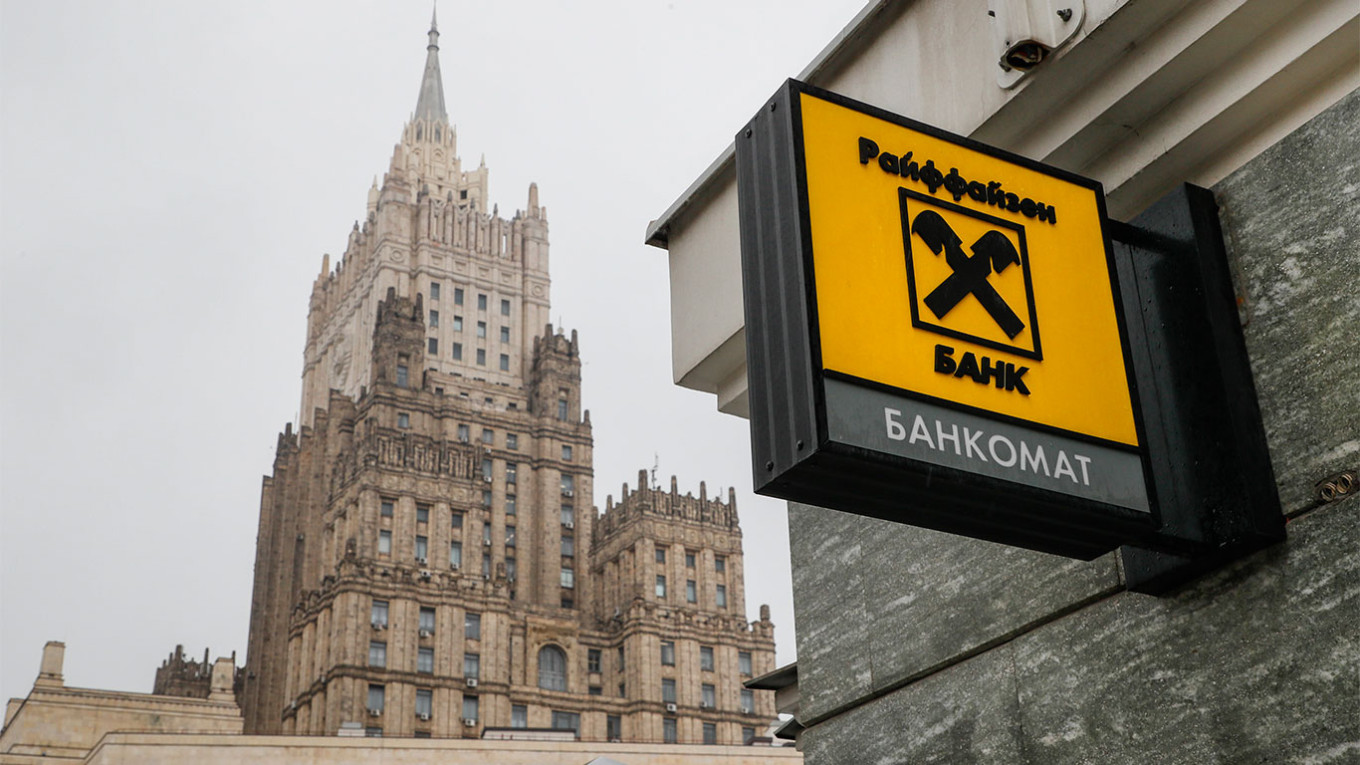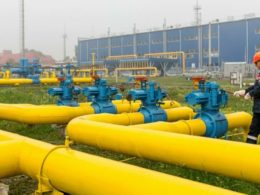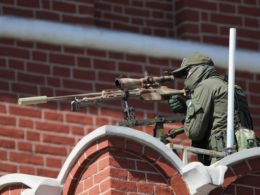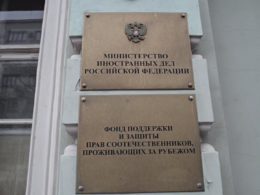According to documents reviewed by Bloomberg, Raiffeisen Bank International AG, based in Vienna, has earned money from firms aiding Russian military efforts in the war against Ukraine.
The Austrian bank remains one of the few major Western companies still operating in Russia despite numerous promises to leave the aggressor state's market. As a result, the bank is now on the verge of facing direct sanctions from the US and the EU.
Bank statements and other documents show that Raiffeisen’s Russian unit received $620,000 in fees for its services from one Russian chemical company last year.
"Unichim" supplied acids to the sanctioned Russian company "Rawenstvo," including for a government project focused on the development and modernization of platforms and munitions for multi-launch rocket systems and guided bombs.
According to the US Department of the Treasury, "Rawenstvo" develops and manufactures navigation radar systems. The company is a subsidiary of the sanctioned state-owned corporation "Granite-Electron," which produces key components for missile systems, such as automatic control systems and electronic warfare systems for Russia’s navy.
In turn, "Granite-Electron" is linked to JSC "Corporation Tactical Missile Weapons," a state defense conglomerate that produces weapons systems for the Russian army. All three companies were sanctioned by the US shortly after the Russian invasion and are also subject to EU restrictions.
Since Raiffeisen did not exit Russia immediately after the invasion, and now it is now essentially trapped in the country. On 3 February, the company’s shares fell by 6.4%.
Nevertheless, while Russian forces were destroying Ukraine’s critical infrastructure and killing Ukrainians, Raiffeisen made over €1 billion in profits from its Russian unit during the first three quarters.
This accounted for almost 50% of the entire group’s profits, more than double the division’s income in the two years before the beginning of the all-out war. During this period, the bank paid €277 million in taxes to Russia’s budget.
However, the bank is entangled in Russian ruler Vladimir Putin’s military economy and cannot transfer its assets to the parent company in Austria. Moscow's restrictions on capital movement mean that Raiffeisen cannot access its profits, and it has already accumulated €4.4 billion that is trapped in Russia.
All organizations operating in Russia are regulated by the central bank in Moscow and are considered Russian entities, which complicates the process of severing ties, even if they are sanctioned or working with the military. Russian legislation allows account closures only in specific cases and does not recognize foreign sanctions.
The Austrian lender says it has been attempting to leave Russia for three years. It is under pressure from US regulators and the European Central Bank to expedite its exit. Raiffeisen also operates one of the largest foreign-owned banks in Ukraine.
Related:
- Russians accidentally drop another “smart bomb” on domestic territory
- Frontline report: Russians lose 400-km radar in Ukrainian drone strike spree
- Drones target Smolensk aviation plant, trigger oil depot fire in Voronezh Oblast
- Ukrainian forces master American V-BAT drone system





